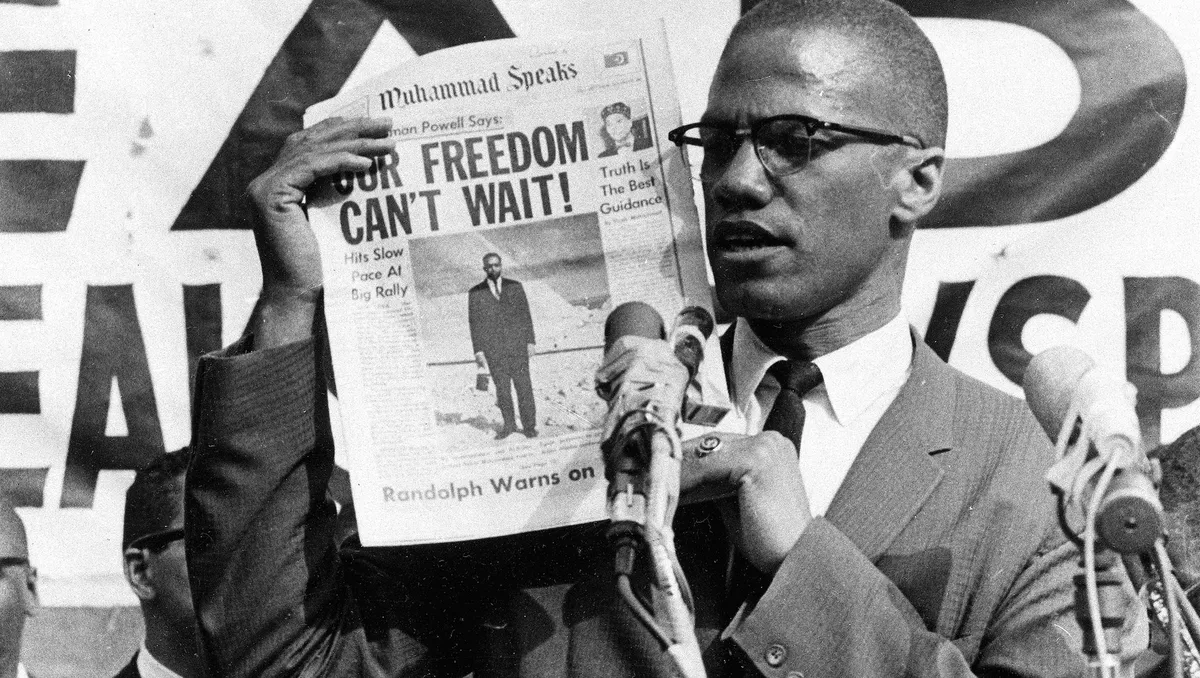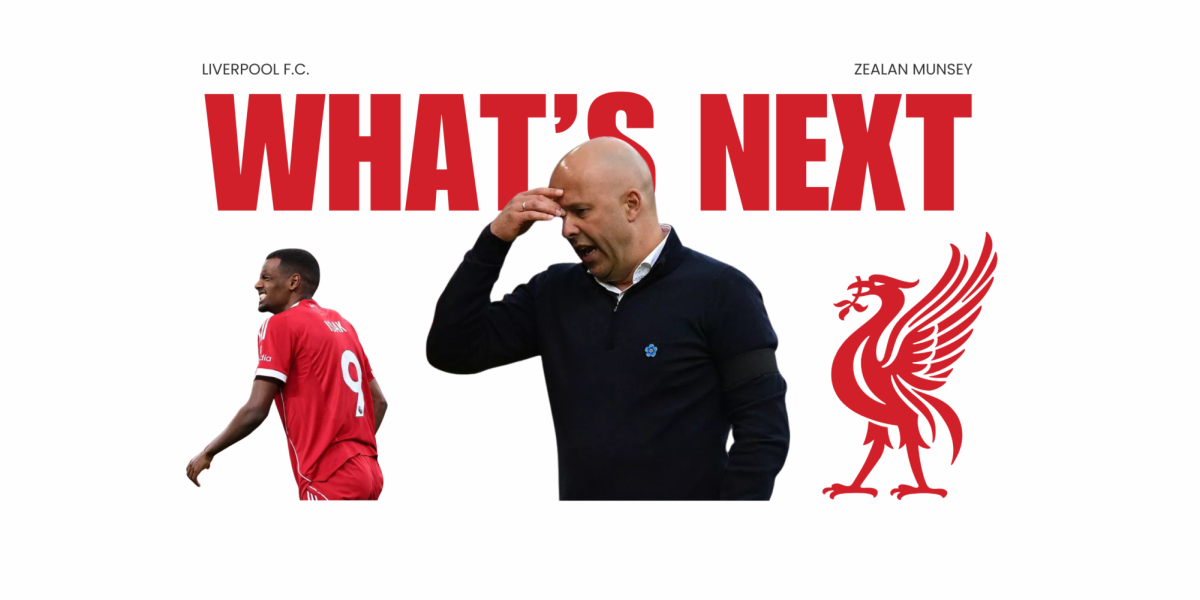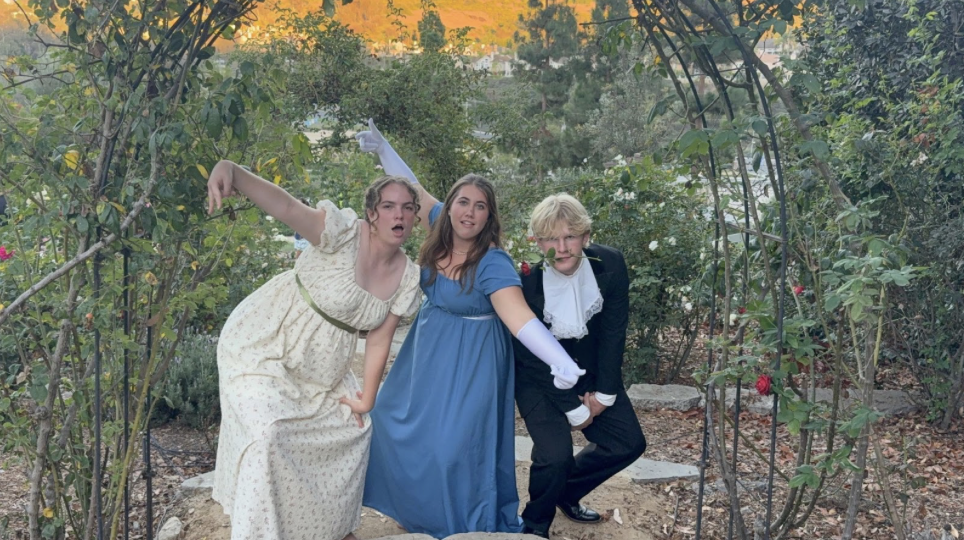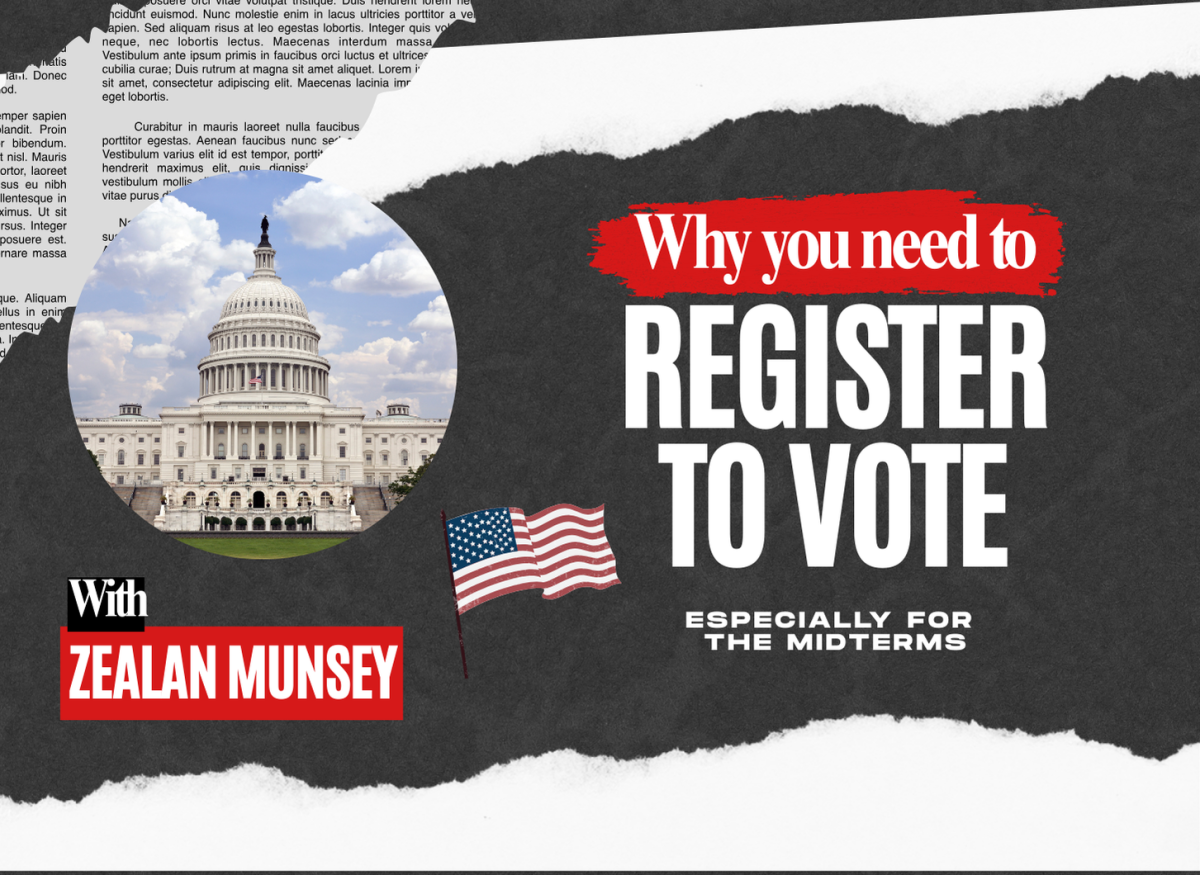Long a champion of the civil rights movement in America, Malcolm X had never been given the credit he so rightfully deserves; shadowed by the accomplishments of Martin Luther King Jr., his initially pro-violence counterpart was shunned and blackballed by the American public and media. When Malcolm made the switch to pacifist ways, there was no coverage, and he died being known as an Islamic terrorist who hated the white race. While he was very outspoken about the power of the Black population and at times seemed supremacist, it can be argued that these extremist points of view were shaped by the deceitful Nation of Islam, which was the American representation/church of Islam. To give more context to the significance of the Nation of Islam in Malcolm’s life, the central belief they carry is that the black race, in its natural state, should be viewed as God and divine. Their ideologies which follow are different in comparison to mainstream Islam due to NOI’s lack of emphasis on Mohammad being the final and most important leader to God. Instead, Elijah and Fard Muhammed are the key leaders upholding the complex logic of Islam.
To make matters worse, the media has long been harsh to the Muslim population, so one can only imagine the sparks when a Muslim activist emerged criticizing the framework of a nation that its citizens believe to be so just and free. A nation cannot preach peace unless it is valid for all people, and Malcolm knew this was not evident in America, which led him to calls for justice and systematic reform. Shortly following his provoked activism, he became the minister and spokesperson for the Nation of Islam.
“So early in my life, I had learned that if you want something, you had better make some noise,” said Malcolm X.
Malcolm X grew up in Omaha, Nebraska, with a priest father who would later influence the viewpoints he would gear his work toward. His father’s murder while he was a child (age of 6) significantly left an impact as it would if it occurred to any other person. Due to his mother’s absence in his life because of the emotional damage in her life, Malcolm X resorted to leaving for a foster home by the age of 13. The Ku Klux Klan eventually began sending out death threats, which resulted in him going down a path of despair and lack of motivation regarding life as a whole. All these setbacks during his early years left him yearning for a sense of belonging and a place in the cruel and unforgiving world. The mishappenings of his two most “influential” figures caused a string of crimes to follow behind him but led to the eventual upbringing of going from a “victim” to a leader with a cause.
Abandoning his surname at birth, Little, which he said was symbolic of breaking the tie to his ancestors’ enslavers, he took “X” to resemble his unknown African heritage that whites had ripped away. This exact action would not be taken into consideration during the time of his life but would come to the limelight once his story was taught and preached. The simple letter, which appears to have no meaning, truly represents all negative connotations placed into one: despair, misery, and anger. People who are part of the Black community could now have an example of what one should do when unhappy with an issue in society, politics, or economics; one must rise to make change. Not only does this go for his community but for so many others as well. This symbolic action is easily misinterpreted as something he completed out of frustration, which is half-true. Still, so much extra depth and meaning carries beneath the surface, which many can’t delve deeper into.
His imprisonment saw his religious conversion to Islam, becoming a devout believer and a member of the NOI. Soon, meeting Elijah Muhammad, the forehead of the organization, he became the righthand man of the former and a skilled speaker. He delivered many sermons and advocated for the rise of America’s Black population.
However, X had been led astray; he believed that the violence he continuously preached was justified, including by the Quran. Martin Luther King Jr. stood for everything Malcolm preached against, and this significantly hurt his image, as he seemed like a Black Muslim terrorist who wanted the destruction of the white population. He had yet to encounter faithful Islam, and the encouragement of Muhammad led him to speak about violent ways to solve the race problem in America.
“I believe that there will ultimately be a clash between the oppressed and those who do the oppressing,” said Malcolm X.
Accepting how the world interacts and reacts with everyone is common knowledge, but it does not need to continue. Malcolm X sets the example of being a leader rather than a follower of repeating history. His call for a better society went unrecognized during his time, but this can be changed, and his name will be said when speaking about justice today. Calling for a separation of the races and a new Black nation that could result in a utopia, Malcolm did not get the best coverage, as this made him seem like a Black supremacist. It is time to remember Malcolm for his civil rights and social justice contributions as a community.






















